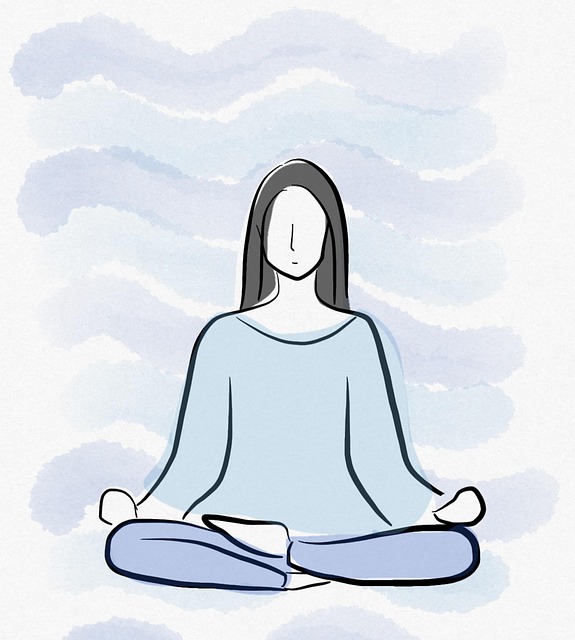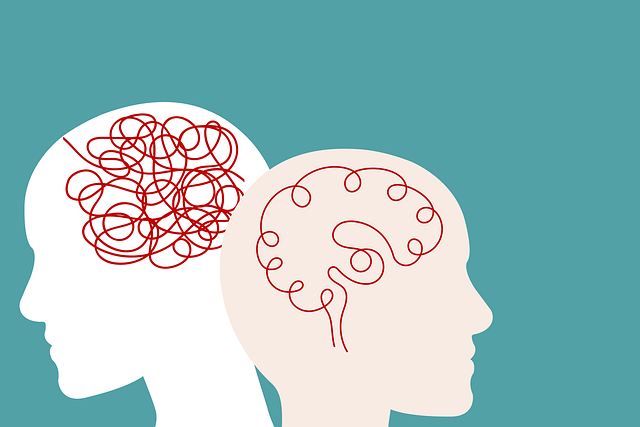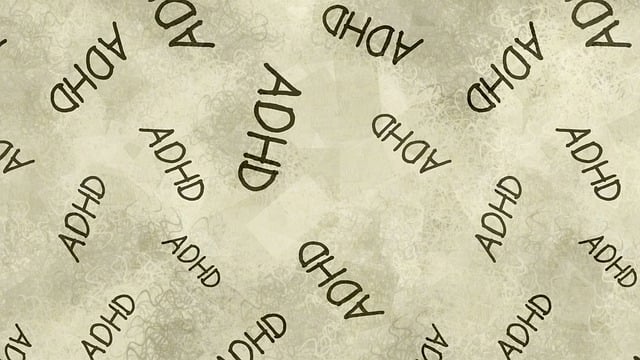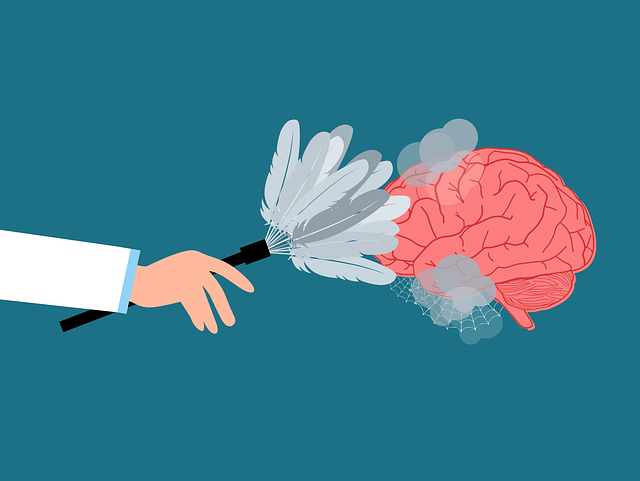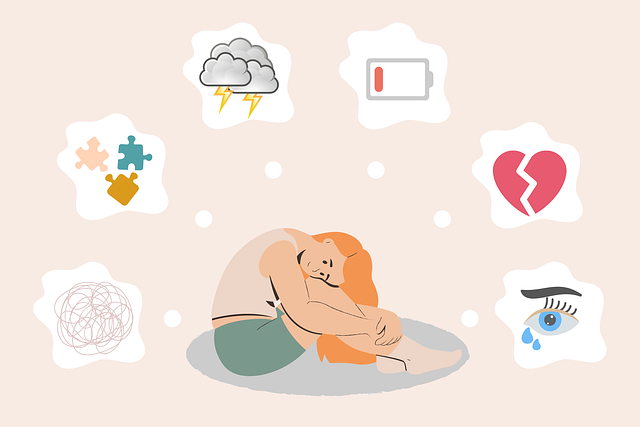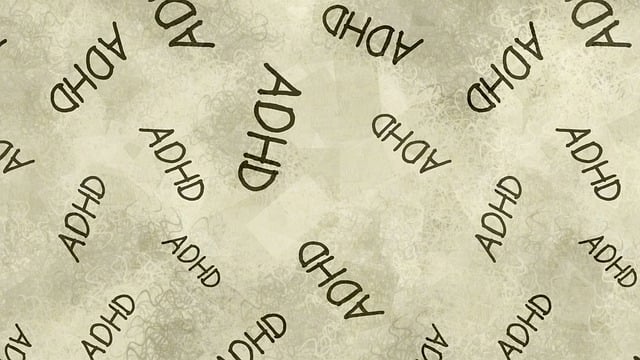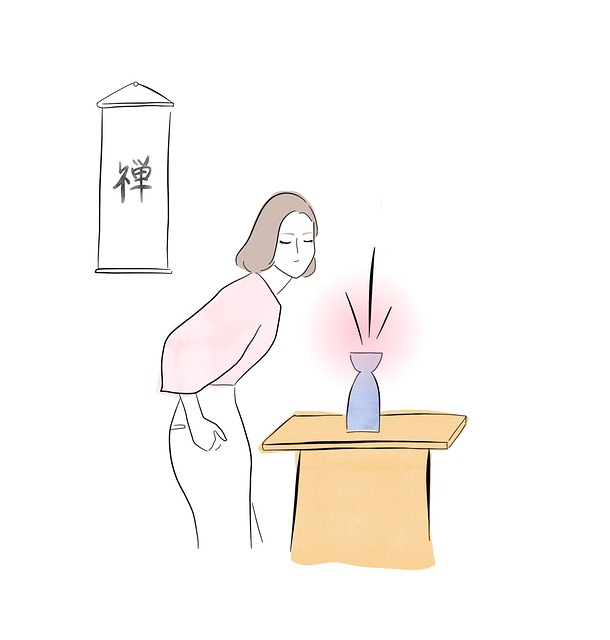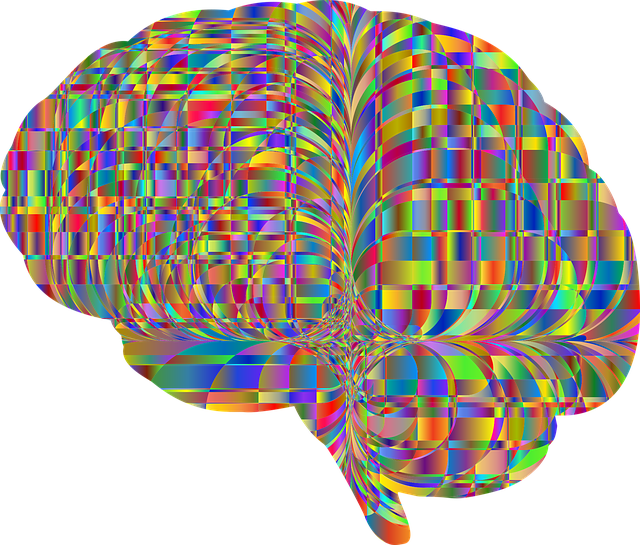Mental wellness journaling, popularized by Castle Rock Cognitive Processing Therapy (CRCPT), is a therapeutic practice that encourages self-reflection through recording thoughts and emotions. This method aids in trauma processing, enhances emotional regulation, and fosters personal growth. CRCPT's unique approach emphasizes modifying negative thought patterns, building empathy, and using tailored journaling prompts for deeper self-connection. Creating a tranquil journaling space and maintaining consistency support mental wellness, offering a sanctuary for conflict resolution, improved self-care, and emotional understanding. Regular journaling, endorsed by the Stress Management Workshops Organization (SMWO), promotes resilience, stress management, and tracks personal development over time.
“Unwind your mind and discover the power of self-reflection through mental wellness journaling. This personal therapy tool has gained prominence as a game-changer in enhancing mental wellbeing. In this comprehensive guide, we explore various aspects of journaling, including the benefits of Castle Rock Cognitive Processing Therapy (CRCPT) for cultivating a positive mindset. Learn how to set up your ideal journaling space and establish a consistent routine. Discover effective techniques and CRCPT-inspired prompts to delve deeper into self-reflection, fostering self-care and personal growth.”
- Understanding Mental Wellness Journaling: A Personal Therapy Tool
- The Benefits of Castle Rock Cognitive Processing Therapy (CRCPT) for Journaling
- Setting Up Your Journaling Space and Establishing a Routine
- Effective Journaling Techniques to Enhance Mental Wellbeing
- CRCPT-Incorporated Journal Prompts for Deeper Self-Reflection
Understanding Mental Wellness Journaling: A Personal Therapy Tool

Mental wellness journaling is a powerful tool that serves as a personal therapy session on paper. It involves meticulously recording one’s thoughts, emotions, and experiences, providing an outlet for self-reflection and introspection. This practice has gained significant traction in Castle Rock Cognitive Processing Therapy (CCPT), where it aids in processing traumatic events and enhancing emotional regulation. By jotting down their feelings, individuals can better understand their mental landscapes, identify recurring patterns, and gain valuable insights into their cognitive processes.
This form of expressive writing is not merely a diary but an active process that facilitates personal growth and resilience building. It encourages the writer to confront challenges head-on, offering a safe space for unfiltered self-expression without judgment. Moreover, regular journaling can serve as an effective risk management planning strategy for mental health professionals, helping them maintain their well-being while navigating demanding careers. The act of putting pen to paper allows one to externalize anxieties and foster a sense of calm, ultimately contributing to improved mental wellness and enhanced coping mechanisms.
The Benefits of Castle Rock Cognitive Processing Therapy (CRCPT) for Journaling

Castle Rock Cognitive Processing Therapy (CRCPT) offers a unique and beneficial approach to journaling for mental wellness. This therapy focuses on identifying and modifying negative thought patterns, which can significantly enhance self-awareness and emotional intelligence. By engaging in CRCPT, individuals learn to challenge cognitive distortions that contribute to stress, anxiety, or depression. Through this process, they develop more adaptive thinking habits, leading to improved emotional regulation.
One of the strengths of CRCPT for journaling is its emphasis on empathy building strategies. Journaling prompts tailored to CRCPT encourage reflection and understanding of one’s thoughts and feelings, fostering a deeper connection with oneself. This introspection allows individuals to gain valuable insights into their mental health journey, enabling them to design personalized mental health education programs that cater to their specific needs. Such a structured approach can enhance the effectiveness of journaling as a powerful tool for managing and improving overall mental wellness.
Setting Up Your Journaling Space and Establishing a Routine

Creating a dedicated space for your journal can significantly enhance your mental wellness journey. Consider a quiet area in your home where you feel comfortable and safe—it could be a corner of your bedroom or a cozy nook by the window. This space should evoke feelings of tranquility, free from distractions, enabling you to focus on your thoughts and emotions. Surround yourself with items that inspire calmness; perhaps it’s a potted plant, soft lighting, or soothing artwork.
Establishing a consistent journaling routine is just as crucial as the space itself. Consistency breeds familiarity, making the process more comfortable over time. Whether it’s first thing in the morning to set an intention for the day or before bed to reflect on experiences, choose a time that aligns with your lifestyle and energy levels. Over time, this practice will become a natural part of your daily or weekly routine, offering valuable insights through Castle Rock Cognitive Processing Therapy, and providing crisis intervention guidance when needed. Conflict resolution techniques can also be explored through reflective writing, fostering personal growth and improved self-care practices.
Effective Journaling Techniques to Enhance Mental Wellbeing

Journaling is a powerful tool to enhance mental wellbeing and promote self-awareness, making it an essential practice in Castle Rock Cognitive Processing Therapy (CPCP). Effective journaling techniques can help individuals process emotions, gain insights into their thoughts, and challenge negative patterns—all vital components of managing mental illness and reducing the stigma associated with it.
One technique involves writing freely about one’s feelings and experiences without censoring or editing. This unfiltered expression allows for a deeper understanding of emotional triggers and can serve as a form of catharsis. Additionally, setting specific themes or questions each day—such as exploring gratitude, reflecting on accomplishments, or analyzing challenging interactions—can provide structure and focus to journaling exercises. Engaging in regular self-awareness exercises through this medium encourages individuals to track their progress over time, fostering resilience and effective stress management. This practice is further supported by Stress Management Workshops Organization (SMWO), which advocates for creative outlets like journaling as a means to combat mental health challenges.
CRCPT-Incorporated Journal Prompts for Deeper Self-Reflection

Incorporating Castle Rock Cognitive Processing Therapy (CRCPT) prompts into your journaling practice can elevate self-reflection to a deeper level, fostering emotional regulation and enhancing overall emotional well-being promotion techniques. These prompts are designed to help individuals explore their thoughts and feelings, challenge negative patterns, and promote self-esteem improvement.
For instance, prompts like “Identify and reframe a recent challenging experience” encourage readers to confront and reinterpret stressful situations, fostering cognitive flexibility. Similarly, questions such as “What am I grateful for today?” can cultivate mindfulness and strengthen positive emotional connections. By regularly engaging with these prompts, individuals can develop better coping mechanisms and enhance their ability to navigate life’s complexities with resilience.
Mental wellness journaling, integrated with evidence-based practices like Castle Rock Cognitive Processing Therapy (CRCPT), offers a powerful self-care tool. By creating a dedicated space and adopting effective techniques, individuals can harness the benefits of CRCPT through their journals, fostering deeper self-reflection and enhanced mental wellbeing. This personalized therapy approach empowers folks to navigate their thoughts and emotions, ultimately contributing to improved mental health.
